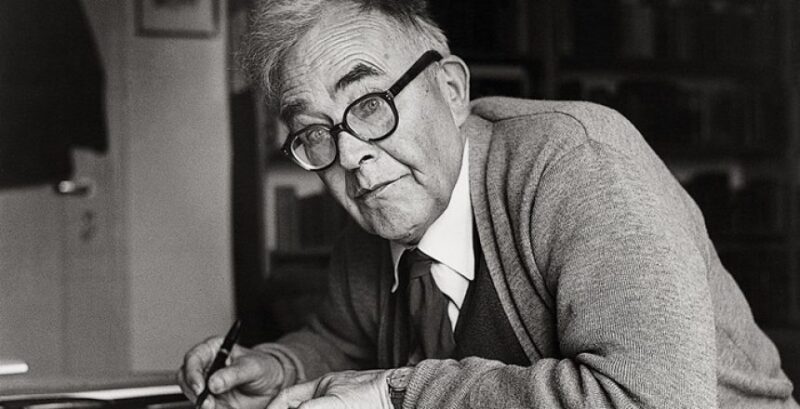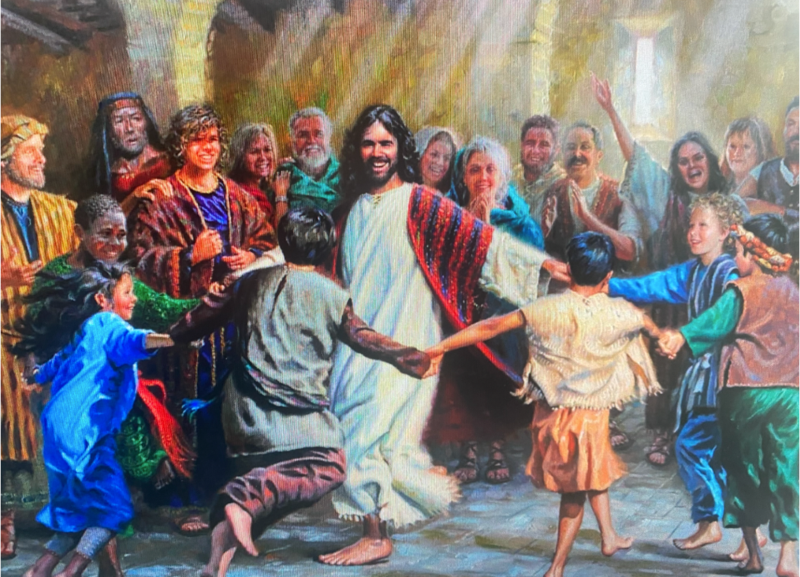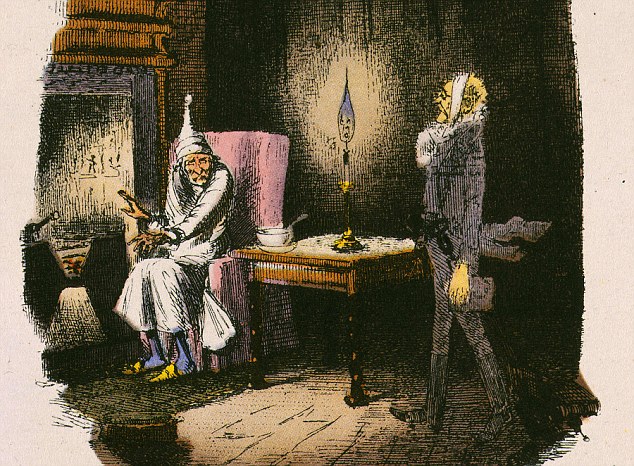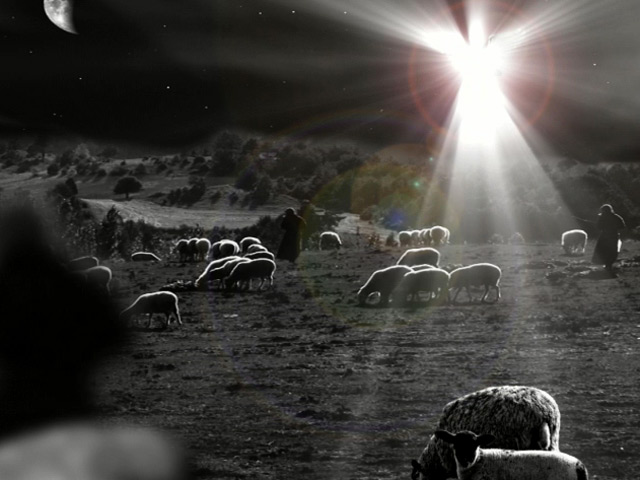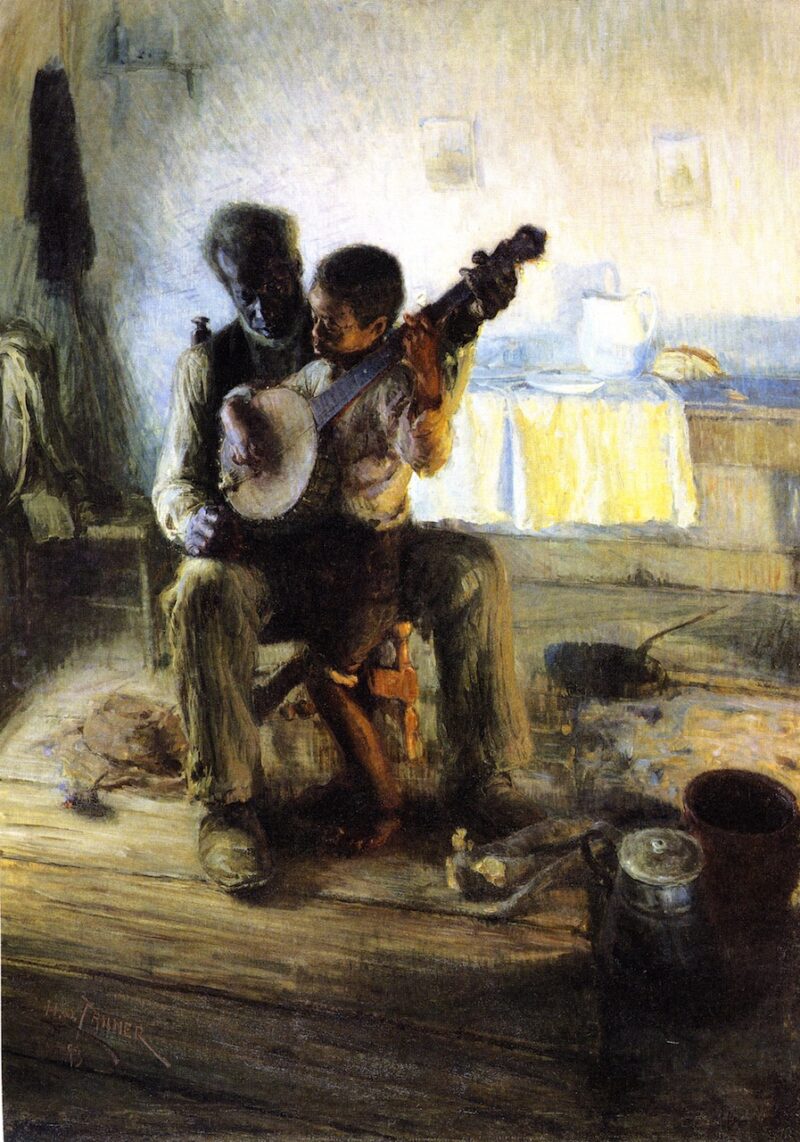As we journey through the various seasons of life, growing older often brings a unique set of challenges and uncertainties. As I complete one more of my “golden years” (January 15), I turn to one of my spiritual mentors for encouragement and insight. Karl Barth, a renowned Swiss Reformed theologian, emphasized the importance of trusting in God’s faithfulness and his sovereign plan throughout our entire lives.
According to Barth, God’s faithfulness is a constant and unchanging attribute. In old age, when physical abilities may wane and worldly unpredictability increase, the assurance of God’s faithfulness becomes a steady anchor. Barth encourages readers to recognize that God’s faithfulness does not diminish with age; rather, it remains a steadfast foundation upon which we can confidently build our trust.
Barth’s theology underscores the idea that God is actively involved in our world and has a divine plan for every one of us. In old age, it is common to reflect on one’s life, questioning the purpose and significance of the journey. Barth would encourage us to embrace the belief that God’s plan for our lives is comprehensive, extending from birth to old age. Every experience, triumph, and trial has been woven into the fabric of his design, his Bigger Story.
As we age, we may be tempted to view life as a series of disconnected events, some seemingly purposeless or even painful. Barth, however, reminds us that God’s plan is not a disjointed collection of moments but a coherent narrative that culminates in God’s glory. As we grow older, believers can find solace trusting in the belief that God is continually working to complete his good plan for our lives, even when circumstances appear to be to the contrary.
By recognizing God’s faithfulness, accepting his divine plan, and trusting in the completion of his good purposes, we believers can celebrate our later years of life with a profound sense of purpose and security. May we all draw inspiration from brother Barth, finding comfort in the eternal faithfulness of a God who holds our past, present, and future in his good hands.
Blessings,
Richard
P.S. Since Patricia and I were born on the same day, January 15, 1953, I’d like to dedicate Glen Campbell’s Grow Old with Me to the love of my life.

